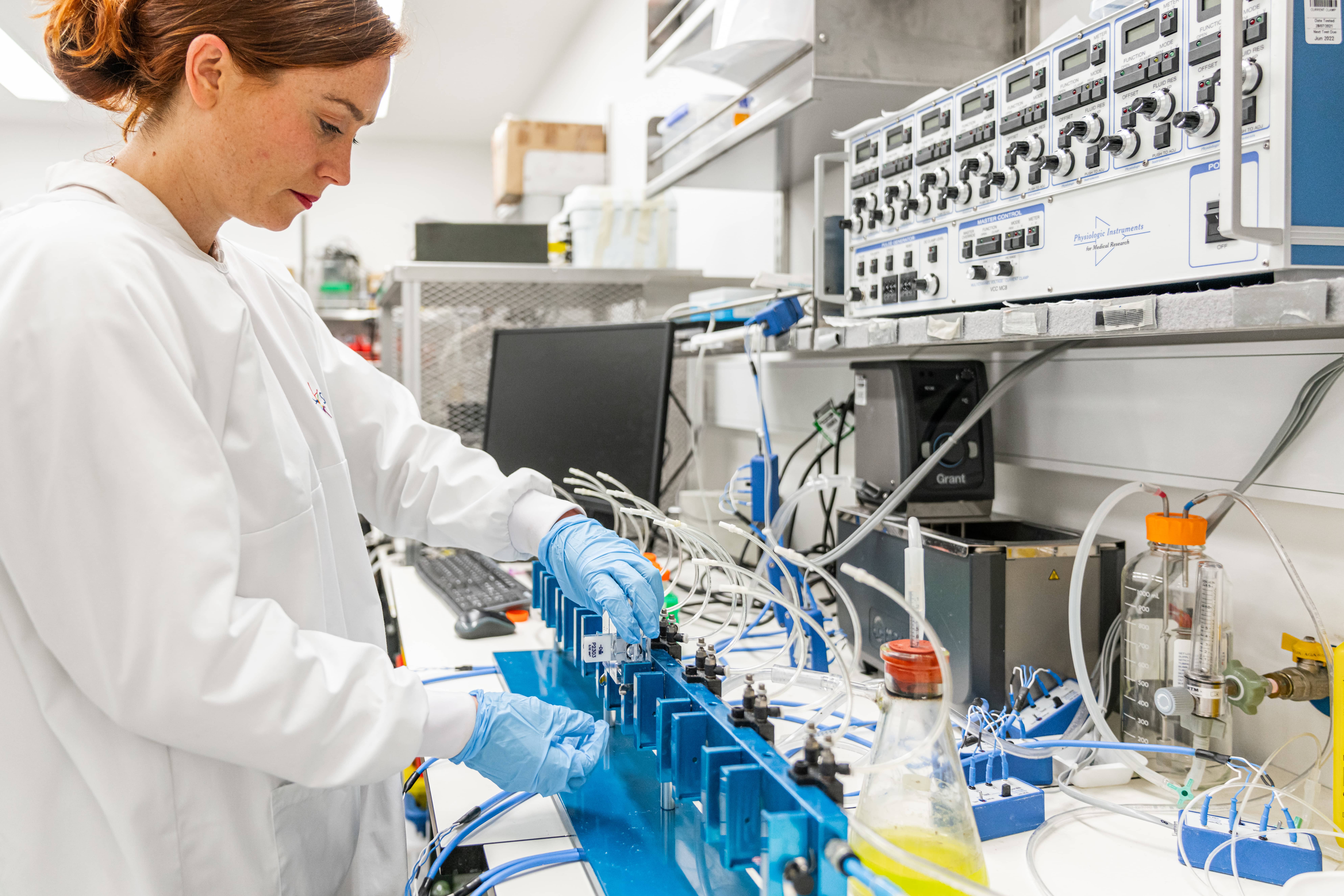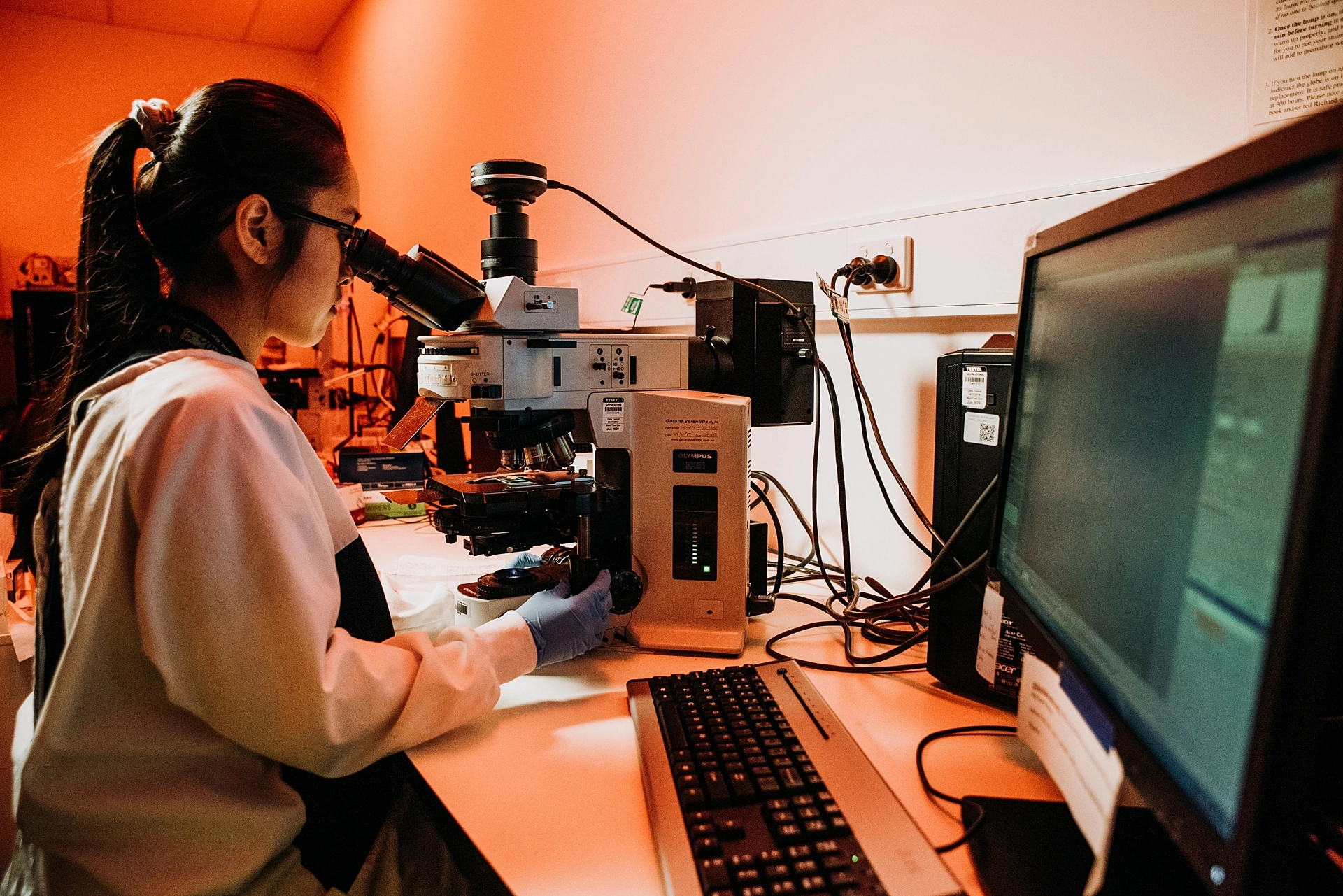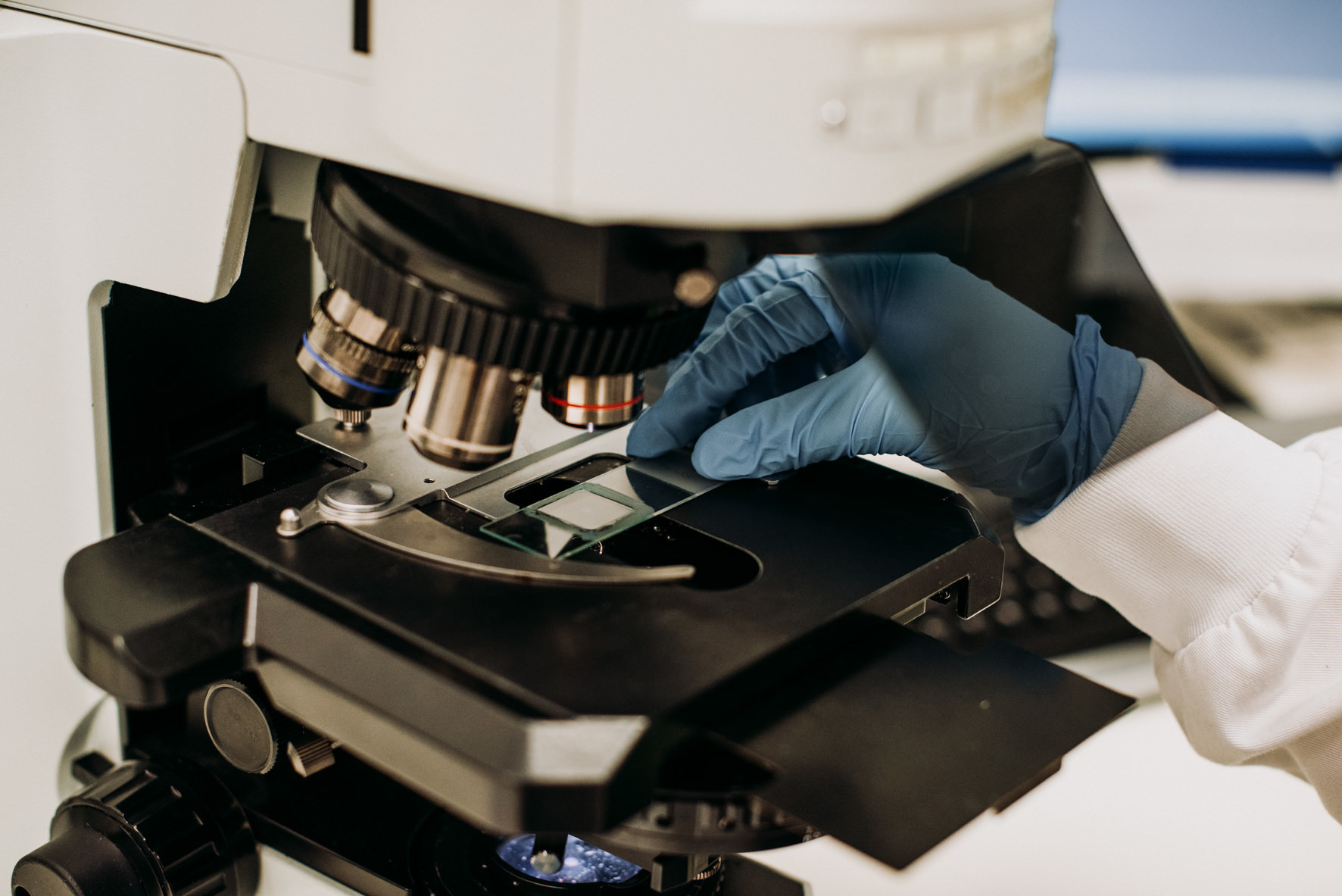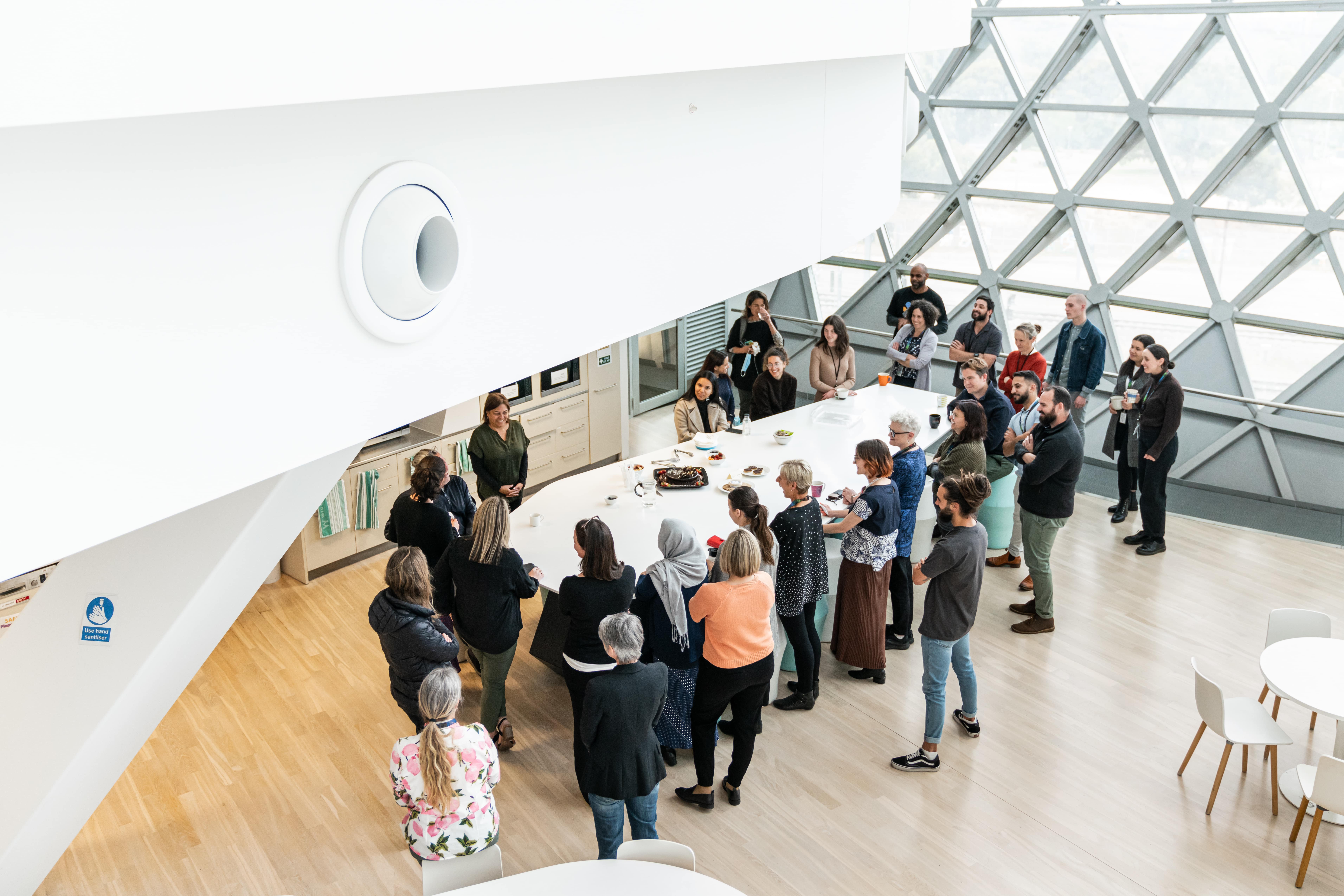A large proportion of people report both physiological and psychological side effects from their cancer and its treatment. These side effects impact the wellbeing of people affected by cancer and require ongoing, multidisciplinary care which comes at personal and economic cost.

The Supportive Oncology group is dedicated to improving the quality of life for people living with or beyond cancer by preventing these side effects. The team works from bench to bedside, understanding the mechanisms that cause these side effect, identifying who is at risk of developing these side effects and developing new strategies to better support people during and after cancer treatment.
Currently, the side effects of cancer treatment are managed reactively and in isolation, causing fragmented care and polypharmacy. The Supportive Oncology team is identifying common drivers of multiple side effects, with a particular focus on how changes in the gut lead to complications including infection, cognitive impairment and graft versus host disease. The team’s studies are investigating how interventions including dietary fibre, medicinal cannabis and faecal microbiota transplantation can be used to better support gut health and improve treatment outcomes.
At the core of this group’s approach is a strong foundation of consumer engagement and multidisciplinary collaboration - working with microbiologists, gastroenterologists, neuroscientists, public health professionals, health economists, infectious diseases experts, psychologists, oncologists and haematologists. The group’s vision is to deliver the best possible care to people with cancer to ensure they don’t just survive, but they survive well.





